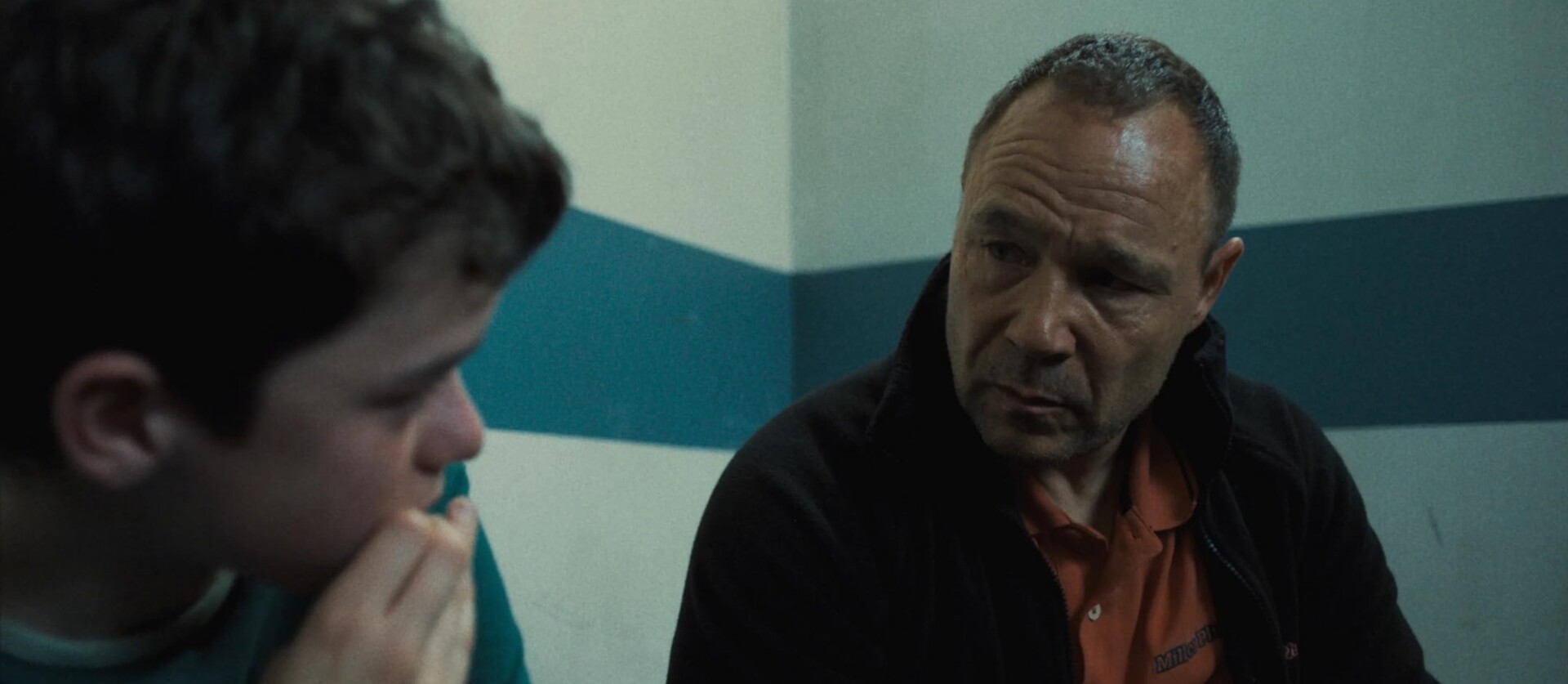In sixth form, more than 20 years ago now, our class was shown the 1995 film La Haine, a self-consciously gritty drama about the Parisian banlieues and the alienated young men who inhabit them. Besides the film introducing us to a more colloquial version of French, I recall feeling that we were meant to learn something about the wickedness of society, police oppression and the rest. Even as a not very rebellious 17-year-old, I strongly disliked the sense of being lectured.
This experience came to mind when I saw the news yesterday that “anti-misogyny lessons” may be on their way to British schools, prompted at least in part by the new Netflix series Adolescence, which has dominated the national conversation over the last week. Questions have been asked in Parliament about the rise of influencers who push “toxic masculinity” and encourage “incels” to resent and despise women.
It is clear that there is a problem with many teenage boys in Britain feeling alienated from mainstream society, or coming to believe that it is rigged against them. The deeper question is what ought to be done about this, beyond well-meaning moralism. Public figures talk about “reaching out” to young men; or providing better role models, as former England football manager Gareth Southgate proposed recently; or correcting their allegedly problematic views. But there is a striking vacuum at the heart of this discourse. No one seems genuinely interested in addressing the material concerns at the heart of young male ennui.
That’s because it is hard to even discuss topics such as the mass entry of women into the professions, the disempowering of men in modern divorce law, and the erosion of all-male environments without being accused of wanting to return to the bad old days. Very few people in positions of authority would even know what you meant if you lamented the way in which society increasingly rewards classically feminine characteristics — consensus, inclusivity, and the therapeutic mindset — while penalising typically masculine ones, such as a preference for directness, individual action, and robust but non-personal disagreement.
Nevertheless, if we actually want to show teenage boys that there is a place for them in the world, that they do not have to shed ambition and drive and agency in order to succeed, that they will be allowed to take risks and give offence during their development, we need to be honest about why they feel frustrated and suffocated. We need to have some difficult discussions about how feminist advances over the last few decades have created losers as well as winners.
Unpleasant and cynical men like Andrew Tate gain an audience because they appeal to boys’ contempt for the kind of well-meaning finger-wagging that they so often encounter from Official Britain. You know the sort of thing: to become a better man you need to cry more often, to get in touch with your feelings, to be less divisive. In response to the debate which has sprung up around Adolescence, the BBC programme Newsnight asked a panel of young men when they last wept.
But this is not the only alternative to the cruel, stupid dead end of Tate-ism, and it is not one that is likely to be attractive to many boys. It is surely much better to understand, appreciate, and unleash the real masculine virtues, and to re-examine our dogmas about how men should embody them.











Join the discussion
Join like minded readers that support our journalism by becoming a paid subscriber
To join the discussion in the comments, become a paid subscriber.
Join like minded readers that support our journalism, read unlimited articles and enjoy other subscriber-only benefits.
Subscribe